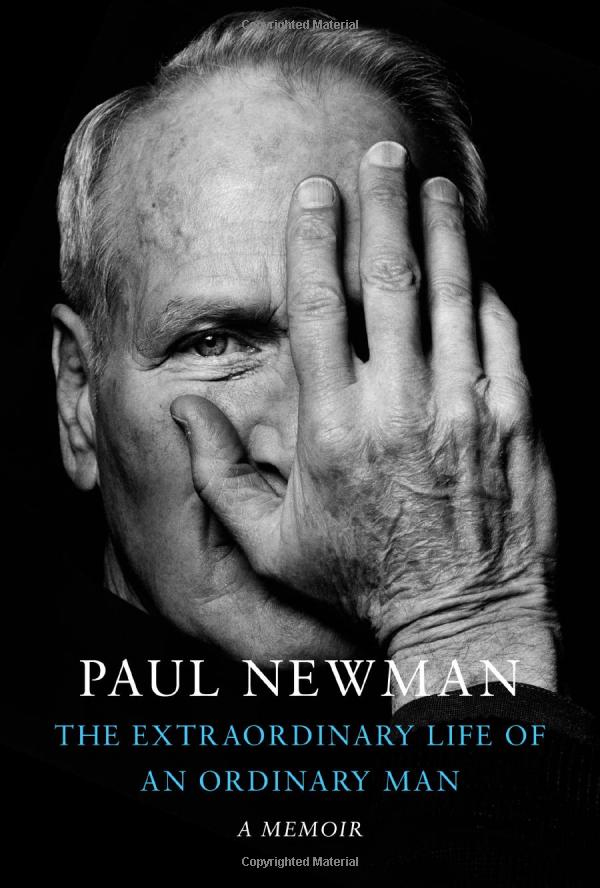
I put that in quotes because it was really a series of conversations he had with Stewart Stern, the screenwriter of “Rebel Without A Cause.” When they were discovered, one of his daughters worked with someone to compile, edit, clarify into something that is a roughly chronological story — though there are, at times, leaps forward. These don’t distract however, and what we get is a pretty good narrative about his life: less centered on his movies but much more on his insecurities.
Some of the things that surprised me was 1) his relentless negativity, 2) a certain bitterness about his beauty, and 3) his hatred of his mother.
That doesn’t mean it’s not worth reading. But the overall sense I had was that he was a closed and defensive person, probably stemming from the fact that his mother treated him like an object. She was obsessed with his looks and he was more of an ornament. Eventually, he stopped speaking to her at all, and for the last 15 years of her life had no contact. When she was dying, he visited her a couple of times, but they were short visits.
He also had a son by his first wife who had drug and alcohol problems, and when his son died of an overdose, he says very little about it. He does say that maybe if he had shot himself in the head, Scott would be able to have his own life and stop competing with his famous father.
He claims that it was Joanne Woodward, his second wife and basically, his heart, who made him a sexual person. Prior to her he was not sexual, he said, though he had plenty of sex.
But by the time he got to the salad dressing part of his career (and I would add popcorn and salsa), I was getting a little tired of the negative and unrelenting doubt. He and a friend had mixed up some of their own salad dressings and then started trying to sell them at local shops in Connecticut (I think it was Connecticut). Finally he agreed to put his picture on the labels and of course it took off and became an enormous brand for charity (all proceeds go to charity). But again, he seems to resent the successes he’s had because, he believes, and maybe he’s right, that it all came from his beauty and not talent or ability. I think that’s harsh, because although it’s true that as an actor, you must have a face — even if it’s Abe Vigoda. But that doesn’t negate your talent. His co-star in Cat On A Hot Tin Roof, Elizabeth Taylor, was an extraordinary beauty, but she was also an extraordinary talent.
Was Paul Newman an extraordinary man? He would say no. That’s the message of his book and the meaning of the title. He would say he got lucky because he was born beautiful.
By the way, he was born in Shaker Heights, Ohio, and that is the suburb of the first home that I remember. He was an Ohio boy. Went to Kenyon College. Organized a panty raid on the girls at Dennison. Enrolled at Ohio University before joining the navy and discovered what everyone in Ohio knows, that you go to Ohio University to party. He was a severe alcoholic but quit hard liquor in favor of a case of beer. Eventually gave it up, probably due to Joanne’s insistence. (He states that she probably would have left him.) He was also Jewish although his mother was not and converted, for some bizarre reason, to Christian Science.
I think this book was meant to be as a companion to the television show or movie called “The Greatest Stars,” by Ethan Hawke. That title might be “The Last Great Stars.” I don’t know. Yes. Doubts. We all have them. Even the greats. I think his greatest work was The Verdict which came relatively late. He was great as Brick in Cat On A Hot Tin Roof, but that particular role is extremely hard for actors to play, because he is an enigma. It’s not stated that he is a homosexual but Tennessee Williams often wrote characters with enigmatic sexualities: Blanche Du Bois is a female version of someone with a conflicted sexuality. Maggie in “Cat” is not conflicted about her sexuality but knows that she must have a child by Brick whatever he is.
